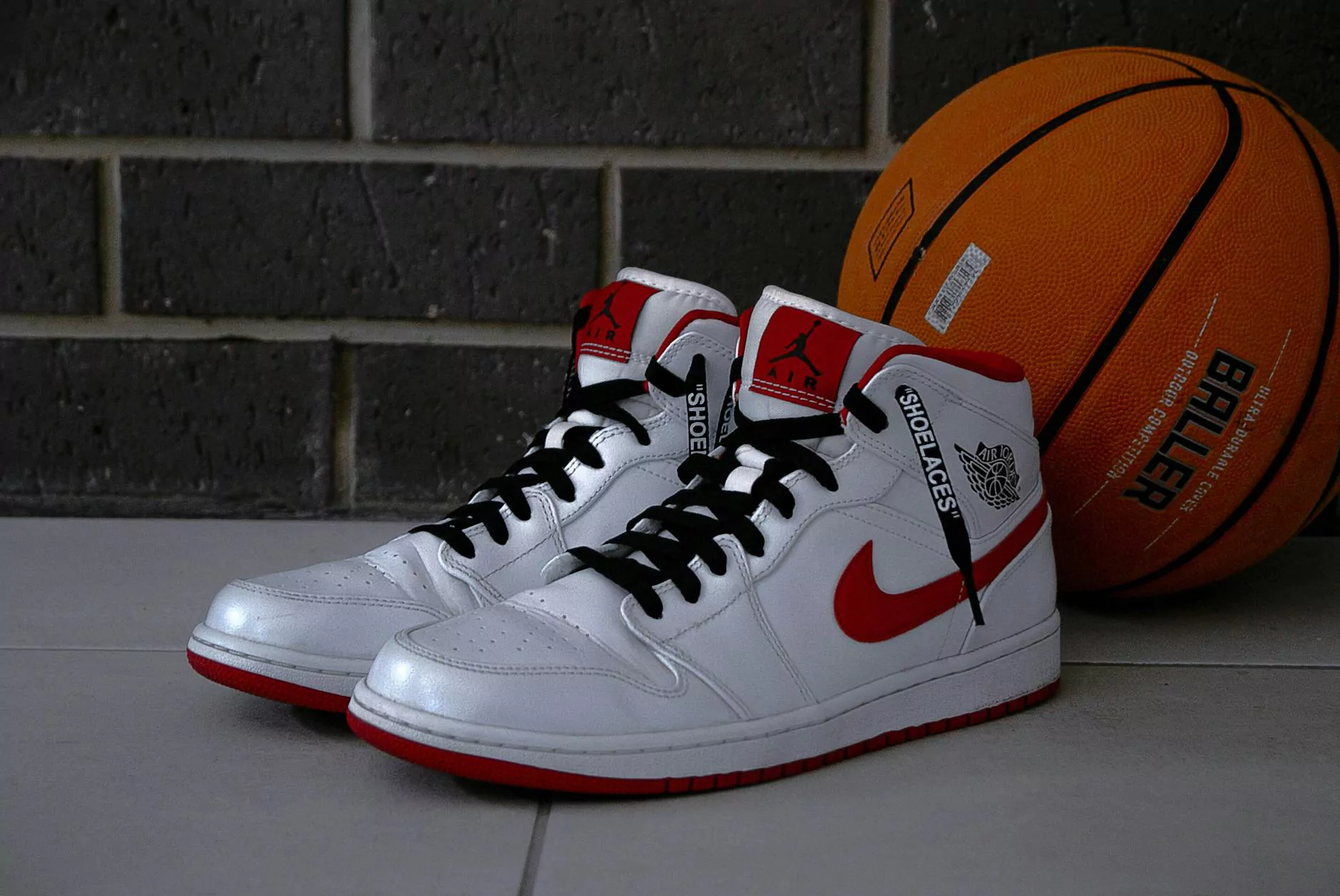Inflation and the Real Rate of Return - File 4 Me
Info Center
Understanding Inflation and Its Effects on the Real Rate of Return
Welcome to McHugh Kathleen R, CPA, a trusted expert in Finance - Accounting and Auditing. In this article, we will explore the concept of inflation and its impact on the real rate of return. Understanding this relationship is crucial in making informed financial decisions and maximizing your investments.
What is Inflation?
Inflation refers to the gradual increase in the prices of goods and services over time, resulting in the erosion of purchasing power. It is typically measured by the Consumer Price Index (CPI) and is influenced by factors such as supply and demand, government policies, and economic conditions.
The Real Rate of Return
The real rate of return represents the actual return on an investment after adjusting for inflation. To calculate the real rate of return, the nominal rate of return (the return without factoring in inflation) is subtracted from the inflation rate. The result provides a more realistic picture of the investment's true growth or decline in value.
Understanding the Impact
When inflation is present, the purchasing power of money decreases over time. This means that the same amount of money will buy fewer goods and services in the future. Therefore, a positive nominal rate of return may not necessarily translate to a positive real rate of return if it fails to outpace inflation.
Strategies to Counter Inflation
Diversify Your Portfolio
Investing in a diversified portfolio can help mitigate the effects of inflation. By spreading your investments across different asset classes such as stocks, bonds, real estate, and commodities, you can potentially offset the impact of inflation on individual holdings.
Consider Inflation-Protected Securities
Inflation-protected securities, such as Treasury Inflation-Protected Securities (TIPS), are specifically designed to provide protection against inflation. These securities adjust their principal value based on changes in the CPI, ensuring that your investment keeps pace with inflation.
Invest in Tangible Assets
Tangible assets, such as real estate, precious metals, and commodities, have historically proven to be good hedges against inflation. These assets tend to appreciate in value as inflation rises, offering a potential store of wealth and a means of preserving purchasing power.
The Importance of Professional Advice
Navigating the complex relationship between inflation and the real rate of return can be challenging. Seeking professional guidance from experienced financial advisors, such as McHugh Kathleen R, CPA, can help you create a comprehensive investment strategy tailored to your financial goals and risk tolerance.
Conclusion
Inflation can significantly impact the real rate of return on your investments. By understanding this relationship and implementing suitable strategies, you can protect your financial future. Trust McHugh Kathleen R, CPA, for expert advice and specialized financial solutions in Finance - Accounting and Auditing. Contact us today to schedule a consultation and take control of your financial well-being.




